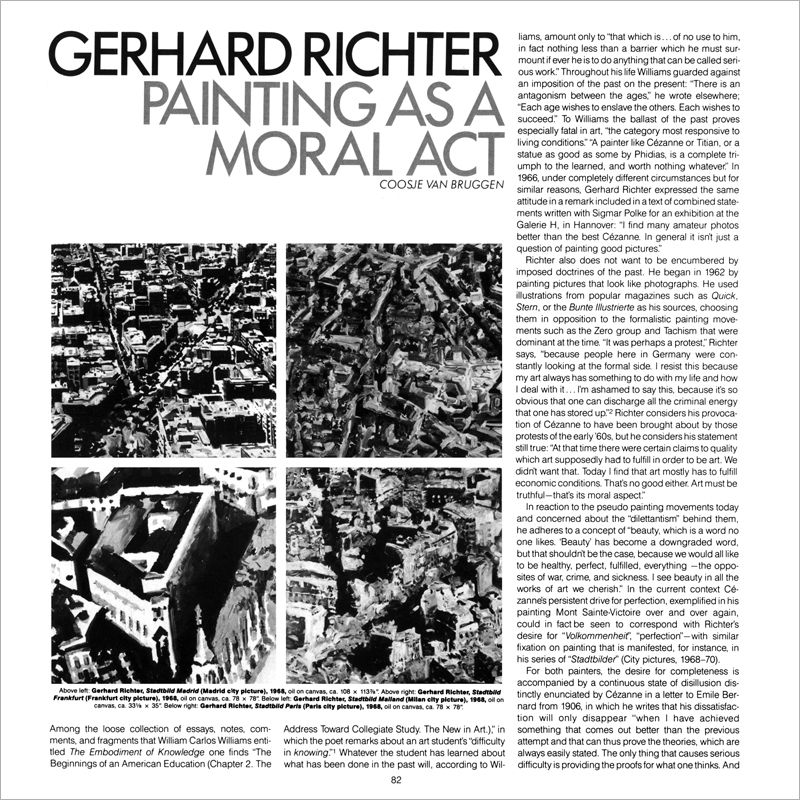
If you took a drink for every corporate euphemism in *No Other Choice*, you’d be circling back, veering off course, realizing your services are no longer necessary, rightsized, downsized, and as intoxicated as one of the characters.
The title itself dodges accountability, a term employed by large corporations to shield themselves from deliberate, calculated decision-making. In this excellent dark comedy-thriller, renowned South Korean director Park Chan-wook offers a incisive social critique on the harsh job market and its accompanying hyper-competitiveness, which sees candidates literally out for blood.
Adapted from Donald E. Westlake’s 1997 novel *The Ax* and penned by Park, Lee Kyoung-mi, Jahye Lee, and Don McKellar, the film presents an anti-capitalist allegory about workplace dynamics, where ruthless corporate restructuring drives a desperate family man (*Squid Game*’s Lee Byung-hun) to violence — despite his lack of expertise in that arena. While less ultraviolent than Park’s acclaimed Vengeance Trilogy or as alluring as his recent Hitchockian film *Decision to Leave*, the director explores the repercussions of corporate redundancies through this bumbling, self-appointed assassin — one whose clumsy, frustrating choices will have you pondering the ethics of it all.
Under pressure to deliver, is resorting to murder the only route *in this economy*?
*No Other Choice* portrays a family man wronged in an intensely competitive, capitalist landscape.
In a frantic, uncomfortably relatable performance by Lee, the core of the film revolves around Yoo Man-soo, a diligent, proud, and long-time employee at the specialized paper company Solar Paper. He has saved enough to purchase his father’s beautiful home and provide his wife Mi-ri (*Crash Landing on You*’s Son Ye-jin) and their two children a comfortable, upper-middle-class existence, complete with cello lessons, outdoor barbecues, and high-end goods. It’s all depicted in a rich golden glow and dynamic cinematography by Kim Woo-hyung — with whom Park collaborated on *The Little Drummer Girl* series. However, when Man-soo is abruptly dismissed after decades of loyalty, bills begin to pile up, and pragmatic Mi-ri announces their need for adjustments — meaning not just luxuries are being downsized but actual pets too, including their lovable, well-trained golden retrievers.
No corporate mindfulness seminar could ease Man-soo’s anxieties about perpetual unemployment and the societal stigma attached. Meanwhile, Mi-ri secures her own position at a dentist’s office, where the charm of her new boss ignites Man-soo’s envy and drives his determination to regain his pride as provider.
Suddenly, the ideal opportunity (or any opportunity) emerges on the horizon at the competing Moon Paper, with Man-soo confronting a daunting sea of prospective candidates and AI-driven replacements. Believing he has no chance at landing the role, he compiles a list of rivals (Park Hee-soon, Lee Sung-min) who could snatch the job first, plotting to eliminate them — for good. This entails enticing them to apply for positions at his fictitious company and killing his way back into employment, one by one.
Park Chan-wook turns his signature vengeance narrative to examine morality and accountability.
The pursuit of revenge and satisfaction runs deep through Park’s oeuvre, with payback propelling his celebrated 2000s trilogy *Sympathy for Mr. Vengeance*, *Oldboy*, and *Lady Vengeance*. Yet, where the leads of the Vengeance Trilogy possessed specific skills and personal vendettas to settle, Man-soo in *No Other Choice* represents both an aspiring killer and a firm believer in his own Good Personhood.
As the title implies, Park’s film serves as a harsh lesson in individualistic blame-shifting and evasive corporate jargon that sees its lead deflect any responsibility for his actions. Man-soo believes he has, indeed, exhausted all alternatives. Here, as in Park’s series of retributive tales, *No Other Choice* navigates moral and ethical boundaries; Man-soo rationalizes his actions as justified for the good of his family and his own sense of pride as their provider.
With a strikingly physical display of sheer desperation from Lee, Yoo Man-soo stumbles through violent episodes, one of which is darkly humorous (and lifted by the comical Yeom Hye-ran as a target candidate’s spouse), another gruesome and methodical. It’s these moments where Park excels in his splendidly contained chaos mode, the maestro of intensifying, brutal turmoil within a single scene. Park continually depicts Man-soo on the brink of violence: The family man teetering on the edge of an apartment rooftop, clutching a heavy pot plant over a rival, perfectly encapsulates the film’s persistent “